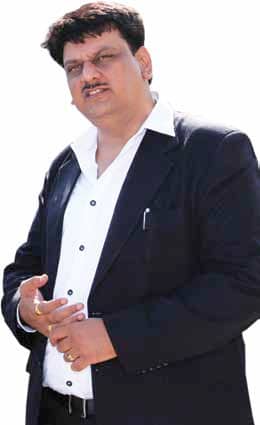 The ongoing process of globalisation has made it imperative for us to encourage the development of new talent in myriad areas of IT. There now exists an immense need for professionals who can contribute by making the IT system secured without compromise on efficiency.
The ongoing process of globalisation has made it imperative for us to encourage the development of new talent in myriad areas of IT. There now exists an immense need for professionals who can contribute by making the IT system secured without compromise on efficiency.
EC-Council (International Council of E-Commerce Consultants) is one of the world’s largest certification bodies for information security professionals. EC-Council is a member-based organisation that certifies individuals in various information security and e-business skills.
India is unlikely to meet the target of creating a workforce of more than 5,00,000 cyber security professionals in next five years due to lack of infrastructure and investment, an official of security firm EC-Council said.
Jay Bavisi, President of EC-Council said that the country is lagging behind in its fight in cyber warfare that has adopted innovative ways to attack governments and organisations causing huge financial losses.
| Career in cyber security |
| • The Prime Minister’s Office has approved a plan to spend ` 1,000 crore over the next four years to bolster the country’s defense against cyber attacks • India is unlikely to meet the target of creating a workforce of more than 5,00,000 cyber security professionals in next five years • Indian needs 5 lakh cyber security professionals by 2015 |
 The Prime Minister’s Office has approved a plan to spend `1,000 crore over the next four years to bolster the country’s defense against cyber attacks, according to a person familiar with the development. The Plan, which entails setting up of new agencies and coordination cells to improve response to cyber threats, is awaiting Cabinet Committee’s clearance, the person said.
The Prime Minister’s Office has approved a plan to spend `1,000 crore over the next four years to bolster the country’s defense against cyber attacks, according to a person familiar with the development. The Plan, which entails setting up of new agencies and coordination cells to improve response to cyber threats, is awaiting Cabinet Committee’s clearance, the person said.
At an event, Cyberfort Technologies, President, Amit Kumar pointed out that China is estimated to have 25 million cyber security experts while 1.25 lakh are from the local government. The US has 91, 080 experts in the government while India has just 556 experts.
“While the data points show that we are losing the fight, it is clear that the solution to the plague will happen when we will inject the vaccine. It is evident that the best way to solve the cyber plague is by introducing a cyber-vaccine programme at all levels of society through combative education plans,” added Jay Bavisi.
He said that the US, which has put in a lot of resources to create cyber security professionals, sees an annual growth of 15 percent in trained workforce.
| Career in Algo Trading |
| • Algo Trading uses computer driven algorithms to decide which stocks to buy and sell • Offers Opportunities for candidates with Engineering and Computer Science backgrounds • Professionals Start at Rs 15- 20 lakh per annum • Rosy Future as Algorithmic trading could account for 60- 70 percent of tradingin equity markets in next 3-4 years Source: BT Research |
“There is a need to involve academia like universities, impart training, setup labs and foster competition to deal with cyber security issues, which are entirely missing in the country,” highlighted Amit.
India is ranked ninth on Kaspersky’s list of countries with the highest percentage of computer attacks. However, the number of cyber security professionals in the country is very low.
Many government websites are still exposed to threats as proper investment has not been made to find a long-term solution. This has lead to security breach of government data and record. According to official data, more than 1,000 government websites were hacked in the last three years.
“When a government website is getting hacked they call professionals to fix the problem. But they have no budget to continue. They have no budget to hire the right people, to train them and defend their websites,” Amit said.
Cyberfort Technologies points out the recent study that revealed 5.39 million local malware threats were detected on computers in India. According to the organisation, India is lagging behind in its fight in cyber warfare. Any attack will result in financial loss, no matter how sophisticated the attack is.
On the government’s Cyber Security Policy 2013, Amit said the policy seems to be great on papers, but there should be greater focus on the implementation. While on the Indian cyber security awareness, he commented that the country needs 5 lakh cyber security professionals by 2015. In line with this requirement, Cyberfort Technologies will train through its channel partner 1000 cyber expert professional to combat the need of cyber professional.
Algo trading is another lucrative career in now days. It is going to swipe the entire market and help in creating entrepreneur professionals as well as white collar workers for banking and other diversified sector.
Cyberfort technologies has tied up with Modrika for providing niche financial technology equipped with ample job opportunites in the upcoming days. Algo trading is an automated facility where trading is carried out by computer driven algorithms designed by traders. Instead of the traders manually doing so, it is these algorithms that determine which orders – to buy or to sell – get booked. The high speed transactions can take as little as 18 microseconds – at which such trading takes place, gives it a competitive advantage over conventional manual trading. While a single trader can manually handle at best a portfolio of around Rs 5 crore, an algo trader, working alone, can cope with Rs 50 crore to Rs 55 crore
Algo trading started in India in 2005, but it was only in 2008 this facility started gaining wide acceptance after the Securities and Exchange Board of India (SEBI) allowed Direct Market Access, or electronic interaction with the order books of exchanges. Today, around 16 to 17 per cent of trading on the Bombay Stock Exchange (BSE) and the National Stock Exchange is algorithmic, with about 80 to 90 companies engaged in it. But many believe that in the next three to four years, the proportion could rise to 60 to 70 per cent.
“We have a six-month certificate course. So far, 500 candidates have enrolled,” says Vipin Kumar, Head of India operations of financial technology solutions provider Modrika.
dA broad range of brokerage firms, investment services, financial consulting firms, foreign and private banks, global insurance companies, taxation service providers, equity firms and other banking companies now expanding their operations across the globe. For young candidates there are bright lucrative opportunities in the fields of financial advisory services, insurance and banking services, investment management, financial analysis, stock-market consultants, broking agents, financial planners and economists. Over a million jobs in financial sector available by 2020 in India alone, as per report by Mc Kinsey has done for GIFT.
Modrika is primarily training and technology solutions provider for capital markets, and has been operating internationally for over half a decade. We provide technology driven wealth management solutions. We develop custom software and financial market technical analysis systems for financial technology firms, retail brokers, market makers, exchanges and individual trades. Leveraging nearshore or offshore outsourcing allows our clients to optimise project budget, reduce expenses and minimise both fiscal and organisational goals.
For establishment of cyberfort study
center contact – Dr Rajesh Kumar
Mobile- +91 9031489275, 9973195996
email-rajesh@cyberfort.org







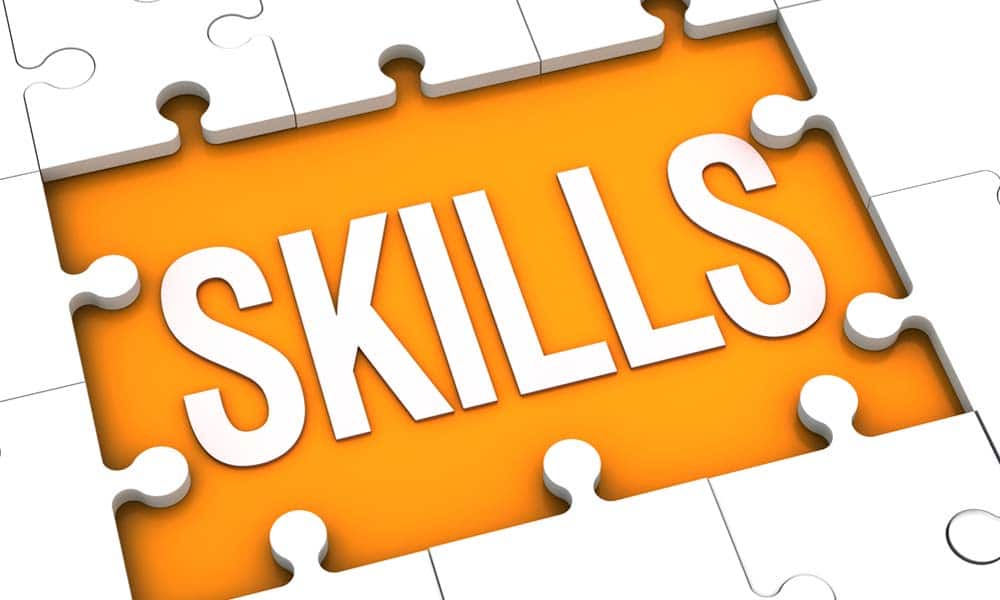
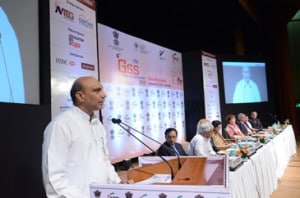
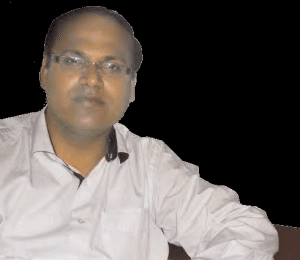 “WizIQ is the best online virtual learning environment equipped with features designed for one-onone, group and class interactions. One does not need to download any special software for using WizIQ. It is absolutely user friendly and comfortable for teachers to conduct online classes,” Prof Mandar Bhanushe, IDOL, University of Mumbai
“WizIQ is the best online virtual learning environment equipped with features designed for one-onone, group and class interactions. One does not need to download any special software for using WizIQ. It is absolutely user friendly and comfortable for teachers to conduct online classes,” Prof Mandar Bhanushe, IDOL, University of Mumbai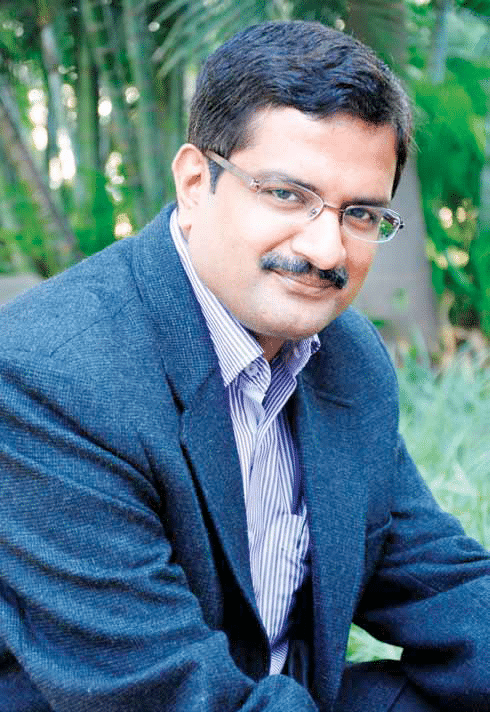
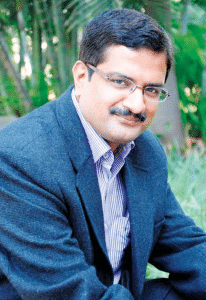 “With technology penetrating in the remotest areas, people understand the need of connectivity. Therefore the acceptance of technology among the citizens is increasing,” says P Krishnakumar, Executive Director & GM, Consumer and Small Business, Dell India. In conversation with Sruti Ghosal
“With technology penetrating in the remotest areas, people understand the need of connectivity. Therefore the acceptance of technology among the citizens is increasing,” says P Krishnakumar, Executive Director & GM, Consumer and Small Business, Dell India. In conversation with Sruti Ghosal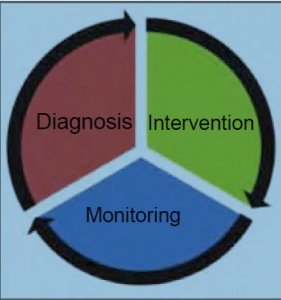 Foundation Concept
Foundation Concept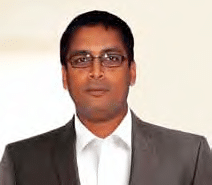
 Razi Ahmed, Country Manager / CEO – India, Edmatix Information Systems, a subsidiary of Mazik Tech Solutions, talks about how the company is helping educational institutions to achieve their academic goals by removing the artificial barriers between parents, teachers and students
Razi Ahmed, Country Manager / CEO – India, Edmatix Information Systems, a subsidiary of Mazik Tech Solutions, talks about how the company is helping educational institutions to achieve their academic goals by removing the artificial barriers between parents, teachers and students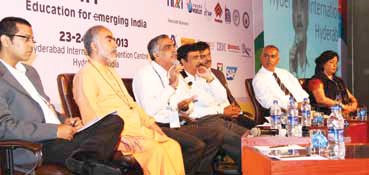
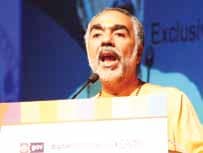
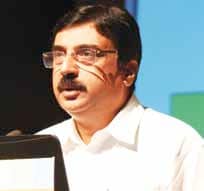

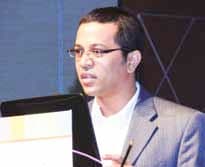
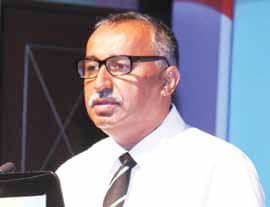
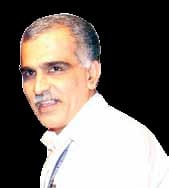



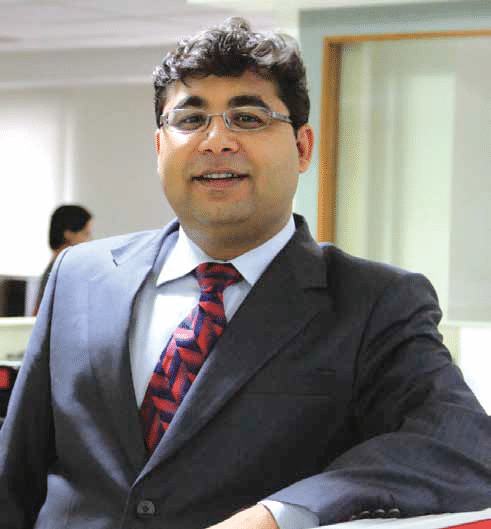
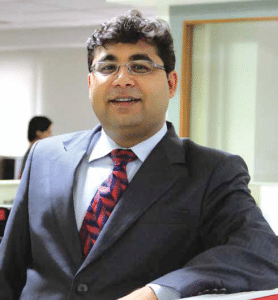 Beas Dev Ralhan, CEO, Next Education talks about the critical role of ERP in Campus management. In conversation with Pragya Gupta
Beas Dev Ralhan, CEO, Next Education talks about the critical role of ERP in Campus management. In conversation with Pragya Gupta
